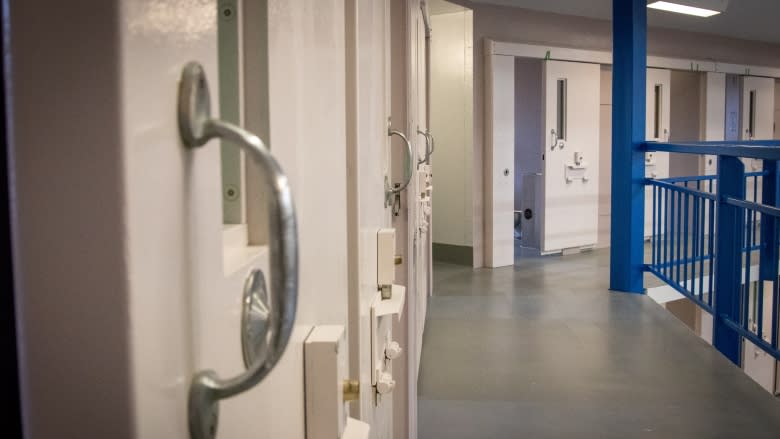Muslim inmates say food, spiritual support during Ramadan are inadequate
Muslims in the Halifax area and around the world are observing Ramadan this month by fasting for 17 hours each day. At night, they come together to break their fast and eat a big nutritious meal to give them energy for the next day.
But Muslims in the Central Nova Scotia Correctional Facility in Burnside say they're struggling to get adequate food and spiritual guidance.
Two Muslim inmates spoke of their struggles to the CBC, which has agreed not to identify them because they fear retribution for speaking out.
"It has been hard because I do feel weak during the day and I'm sleeping a lot because I know I'm obviously not getting enough fruits and vegetables," said Ahmad, which is not his real name.
Calling for food changes
For the first time this year, the provincial jail in Burnside has someone who stays to cook two hot meals at night after the Muslims break their fast.
The inmates say that's a "positive move forward," but they're still not getting enough food — and the right types of food — to help them get through the day.
The inmates are having to save their breakfast, which is made up of cereal, milk and a fruit, and some other meals to eat in the evening for iftar, the time when people gather to break their fast.
"We're requesting to get some boxes of juice or some different fruits with more sugar in them, more natural sugars in them, and to get more vegetables to help us stay full through the day," said Ahmad, who, along with the other Muslims, wants the facility to understand how important the diet is for their spiritual journey.
Seeking spiritual support
The Muslim inmates are also struggling with not having an imam, or worship leader, to help guide them on the path of self-betterment.
"It's not about me, it's about the people," said Mohammad, one of the Muslim inmates awaiting trial. Mohammad is not his real name.
"I'm trying to remind myself and my brothers that we're fasting to think about the people who have been oppressed, who have no food and who are in worse positions than us."
So far, they've been allowed to listen to a religious sermon on YouTube, which they found to be helpful.
Mohammad said they were also able to get some printed material, but want more access to Islam's treasured literature, like the hadiths, which are crucial for anyone who wants to get a complete understanding of Islam.
"I'm trying to get some Islamic literature, because the main issue all year round — and I've raised this issue before — like, they don't have an imam or any volunteer from the Halifax area come in and teach the people," said Mohammad.
'Gap in the cultural and religious education'
El Jones, an activist and spoken word poet, says more education is needed in the correctional system.
"I think part of it is perhaps a gap in the cultural and religious education. This province is changing," she said. "We have a lot of people from different populations, so that maybe the provincial Justice [Department] aren't quite aware of some of the needs."
Jones has raised awareness about this on her Facebook page and says there has been a big response from the Muslim community.
Imams in the Halifax area have been notified and are eager to offer spiritual support to the Muslim inmates.
CBC contacted the provincial Justice Department, which had no immediate comment.



